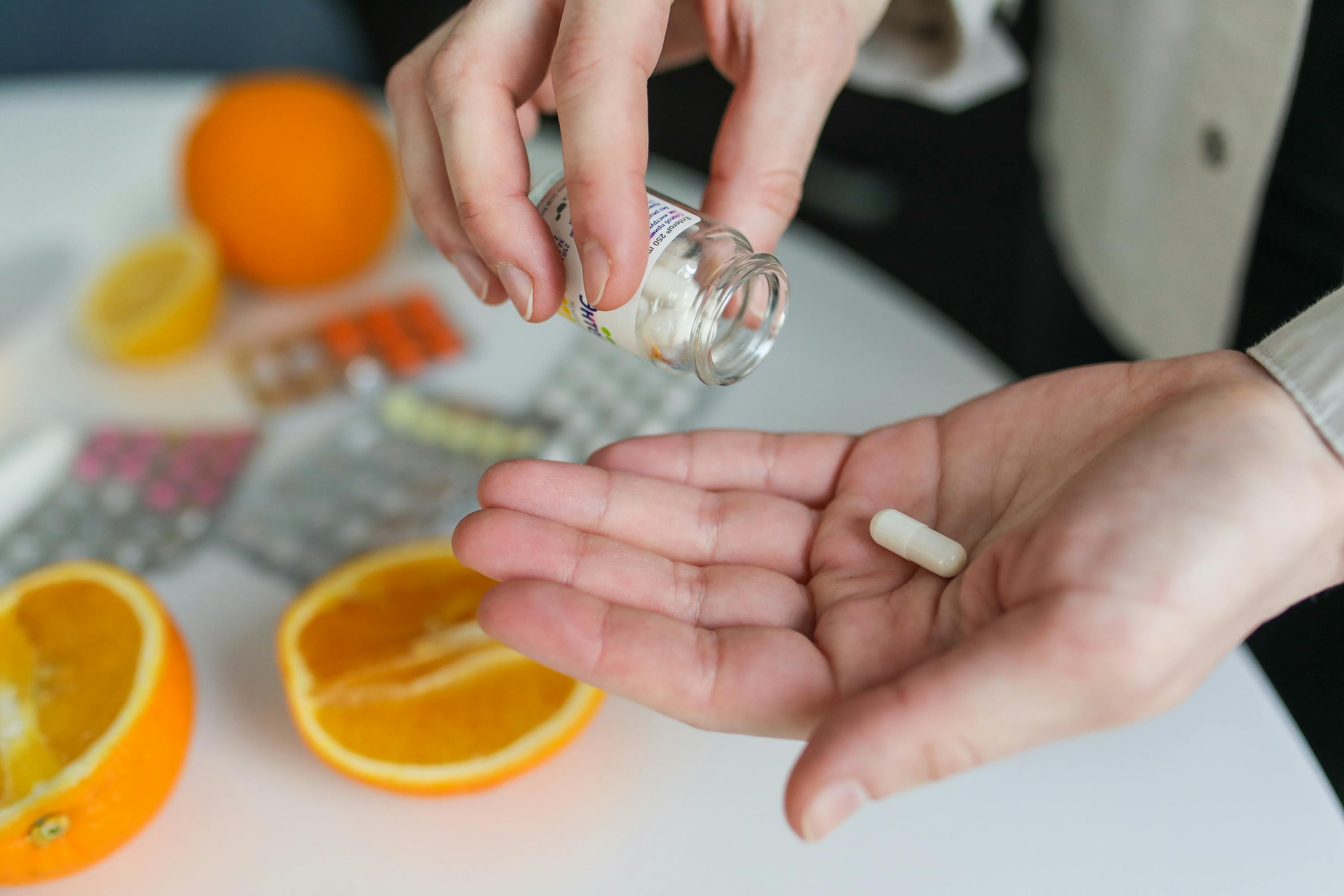Is Sports Pharmacy the New Healthcare Niche?

Since the beginning of human evolution, we have been using substances to treat health problems, sharpen our senses, and improve our moods. Gladiators of the Roman empire were found to have been fed high-energy diets under the care of medical experts. Analysis of their bones and teeth showed that they had more calcium than regular Romans, possibly due regular consumption of an ancient energy drink made from plant ash.
Sport Supplements
These days, sports supplements are a lot more palatable. The term ‘sports supplement’ was coined in the early 1900s when scientists began to advise athletes on using substances to improve their performance. These substances were taken systematically, with a focus on boosting recovery and optimizing training and competition outcomes.
There are now hundreds of sports supplements easily accessible to the public. They come in the form of powder, pills, capsules, drinks, bars, creams, gels, and more. They could be made from minerals, plants, animal extracts, or purely chemically synthesized. All to suit a variety of different uses in a myriad of sports situations.
Many athletes believe that the use of sports supplements is vital to gaining a competitive edge in their field. From bodybuilding to tennis, these dietary supplements are used to push the body just a little more—providing that decisive bump that could be the distinction between first and second place.
Sports supplements can be functionally classified based on their main effects. Some of these include energetics, stimulants, buffers, and mood-augmenters. These sports-oriented products, such as nitric oxide powder, are generally composed of essential amino acids enriched with other nutrients.
As the cultural habits of the sporting industry evolve, taking sports supplements has almost become the de facto strategy in pursuing maximum output and postponing fatigue. The global sports nutrition market was valued at USD 15.6 billion in 2019 and is projected to grow 8.9 percent annually.
Sports supplements are becoming increasingly affordable, easy to purchase, and convenient for daily use. Many prominent athletes and fitness centers promote the advantages of using sports supplements to achieve successful results. Hence, there is a high percentage of adoption at all levels of sports, from amateurs to elite athletes.
With the sports nutrition market still considered emerging, sports supplement use must move from hypothetical and empirical to scientific and medical. Thus, there is a growing need for specialist sports pharmacists to fill the gaps in view of providing better healthcare.
Sports pharmacy
The concept of specialist sports pharmacy has been proven worthwhile. During the 2012 Olympic and Paralympic Games in London, a comprehensive pharmacy service involving over a hundred volunteer pharmacists was set up. Three fully-stocked outpatient pharmacies provided the medicine requirements of not only the fifteen thousand athletes but also all auxiliary residents and the nine million spectators of the Games.
In general practice, sports pharmacists can function in a range of clinical settings. They could be a part of a multidisciplinary team in a hospital that manages orthopedic recovery from sport-related injuries. They could also have a role in small community-based pharmacies where they offer valuable information regarding sports medicines to the public.
In specialist practice, sports pharmacists could be hired to provide professional advice to elite athletes, helping them fine-tune their sports supplement or injury recovery regime to achieve the most ideal results. Having a sports pharmacist as part of the support team also prevents athletes from inadvertently taking drugs that are listed on the World Anti-Doping Agency (WADA) Prohibited List.
Outside of the Olympic Games, there are many sporting events, clubs, gymnasiums, and schools that could use the attention of a specialist sports pharmacist.
While opportunities seem to abound for the sports pharmacist, there remain key barriers to making full use of them. One of the major obstacles is the limited curricula on sports pharmacy at both undergraduate and postgraduate levels. There is also a lack of hands-on experience in pharmacists when it comes to counseling athletes on drug use, dietary or ergogenic supplements, or injury management aids.
In light of this, new sports-focused education programs should be created to upgrade the knowledge of pharmacists worldwide. These can be offered in the form of distance learning, to allow existing pharmacy professionals to continue to maintain and grow their relevance. The development of sports pharmacy specialties within the current medical system would also increase the number of trained sports pharmacists on the whole.
On a larger scale, a professional body consisting of reputable experts should be formed to regulate sports pharmacy specifically. Through this body, a standardized level of accreditation for sports pharmacists can be created. The panel can work together to ensure that pharmacy healthcare professionals worldwide have access to updated and expert knowledge.
In tandem with the progress of the sports pharmacy healthcare field is the ability to provide better sports-related health services. This ensures that people who participate in sport and exercise will have someone in their community to turn to for sound knowledge and suitable advice.
From promoting anti-doping in sport to delivering science-based recommendations regarding supplements and injury management, the sports pharmacist could become a permanent fixture in every town in the near future.